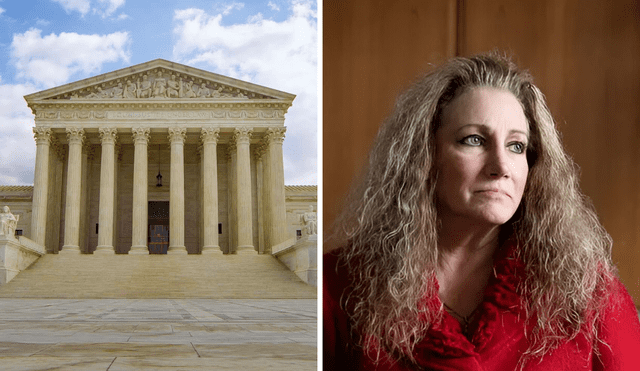US Supreme Court backs heterosexual woman in ‘reverse discrimination’ workplace case
Marlean Ames claimed she was denied a promotion for being heterosexual; the Supreme Court rules unanimously, 9-0.

On Thursday, the United States Supreme Court ruled unanimously (9-0) in the case of Marlean Ames, a heterosexual woman whose employer discriminated against her in the workplace for being from a non-sexual minority. They overturned lower court rulings and reinstated Ames's civil rights lawsuit against the Ohio Department of Youth Services.
Ames contended that she was denied a promotion at the state agency while a lesbian was hired. Then, she was demoted to a lesser paying position that was filled by a gay male. The Supreme Court's opinion makes it easier for persons from the majority, in this case whites or heterosexuals, to sue under federal civil rights law for discrimination.
Court redefines standards in workplace discrimination claims
The case revolved around how courts are to interpret Title VII of the Civil Rights Act of 1964, which prohibits discrimination on the basis of race, religion, national origin, and sex—this last one includes sexual orientation. Lower courts had previously dismissed Ames's case, requiring her to show either that the employer had the "immutable pattern or practice" of discriminating against heterosexuals or that the minority individuals were the "actual decision making leaders."
The Supreme Court rejected that reasoning. Writing for the court, Justice Ketanji Brown Jackson wrote, "Title VII does not impose such a heightened standard on majority group plaintiffs." The judgment was vacated, and the case will proceed back to the lower courts under a new, more balanced legal standard.
Broader context: political pressure on DEI policies
This decision arrives amid escalating political and legal scrutiny of diversity, equity, and inclusion (DEI) initiatives in the United States. After the Court's 2023 momentous ruling removing affirmative action in higher education, conservatives have laid targets on workplace DEI initiatives and the lawsuits surrounding them.
During his second term, President Donald Trump banned DEI policies in the federal government, dismissed hundreds of employees linked to those roles, and shut down a host of institutional diversity programs. Trump's administration also attempted to limit university funding based on DEI initiatives.
Thursday's ruling could have wide-reaching implications for future workplace discrimination lawsuits, as well as the general definition of discrimination in workplaces where DEI policies are facing significant backlash.













